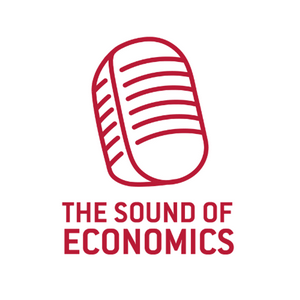In this episode of The Sound of Economics, host Rebecca Christie sits down with Bruegel’s Pascal Saint-Amans and Roel Dom to talk taxes. What happened to the OECD global minimum tax and the digital services levy debate in the wake of Washington’s turn against international agreements? How is the European Union gathering resources for its next budget? What is the difference between a tax and a levy – and why does it matter? Tax policy is social policy, and Bruegel’s new EU Tax Observatory project will shine a light on what’s going on.
Relevant Research:
Christie, R. (2021) ‘Do robots dream of paying taxes?’, Policy Brief, 05 October, Bruegel, available at: https://www.bruegel.org/policy-brief/do-robots-dream-paying-taxes
Darvas, Z., R. Dom and M. Lappe (2025) 'CORE concerns: why a turnover based levy is wrong for the EU budget’, First Glance, 22 July, Bruegel, available at: https://www.bruegel.org/first-glance/core-concerns-why-turnover-based-levy-wrong-eu-budget
Dom, R. (2026) 'How the global minimum tax amendments could reshape Europe’s tax incentives', Analysis, 14 January, Bruegel, available at: https://doi.org/10.64153/WEHR5625
Dom, R., C. Greppi-Maturana and P. Saint-Amans (2025) ‘Shifting priorities, slow progress: an analysis of EU tax recommendations,’ Working Paper 29/2025, Bruegel, available at: https://doi.org/10.64153/SIZA8089
Saint-Amans, P. (2026) ‘With Trump, what is left of the global minimum tax?’, Newsletter, 19 January, Bruegel, available at: https://www.bruegel.org/newsletter/trump-what-left-global-minimum-tax
Saint-Amans, P. (2026) 'Has the global minimum tax survived Trump?' Analysis, 13 January, Bruegel, available at: https://doi.org/10.64153/HIUN6608


